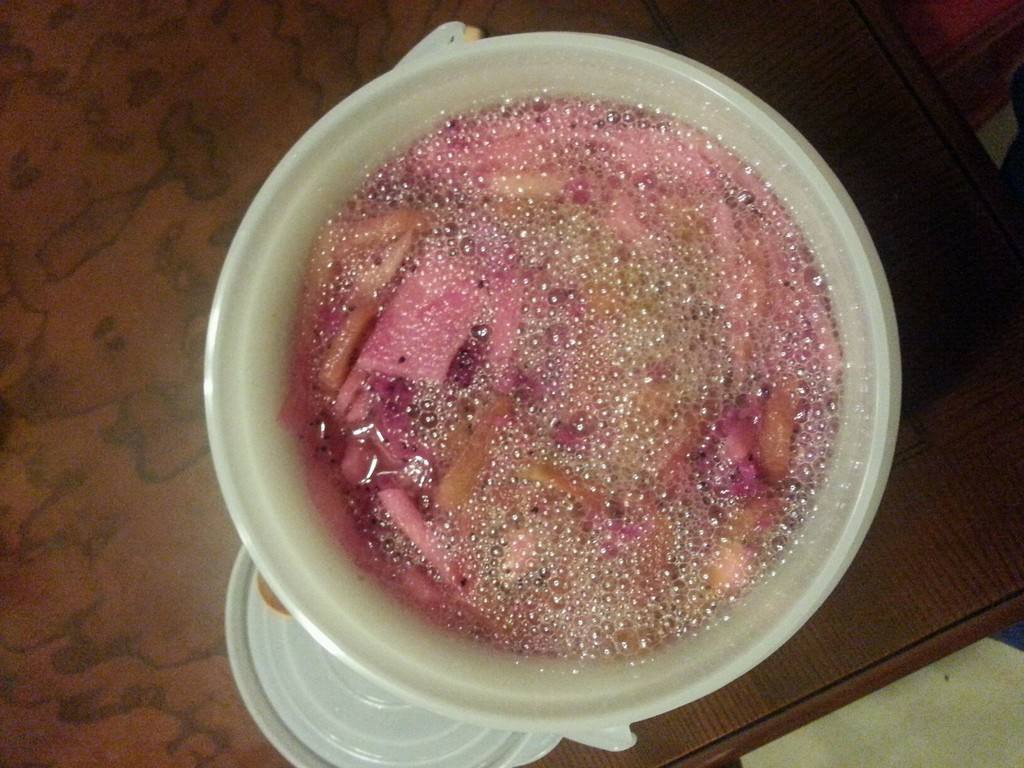Healthy diet
Beware of bacteria in homemade enzymes
The term “enzyme” comes from Japan. It actually means “enzyme”. Because it is claimed to have various benefits, such as weight loss and digestion, many people also try to make enzymes at home. However, eating homemade enzymes is not good, and it may increase safety risks.
Susceptible to contamination by germs. Homemade “fruit enzymes” use natural fermentation, a process similar to home-brewed wine, except that the fruits used for fermentation are not limited to grapes. Fruits are extremely susceptible to contamination by fungi (such as fungi) during the fermentation process, so the “fruit enzyme” produced in the home may only be “water produced by moldy fruits”.
There are many nitrites and methanol. It is well known that foods such as pickles contain many nitrites. Using naturally fermented fruit enzymes, because the strains are not easy to control, more nitrite is often produced; due to process limitations, more methanol may be produced.
High sugar content. It is often necessary to add a large amount of sugar when making “fruit enzymes”. The sugar content is usually above 10%. Drinking too much will increase sugar intake. If there are people with obesity, diabetes, etc. at home, this “enzyme” is not suitable for them to drink.
“Fruit enzyme” actually refers to the mixture obtained after the fermentation of fruit. The ingredients in it are mainly water, sugar and fruit acid, as well as a small amount of enzyme. Digestive effect has nothing to do with enzymes. It’s better to eat a fruit if you have time to make enzymes.



